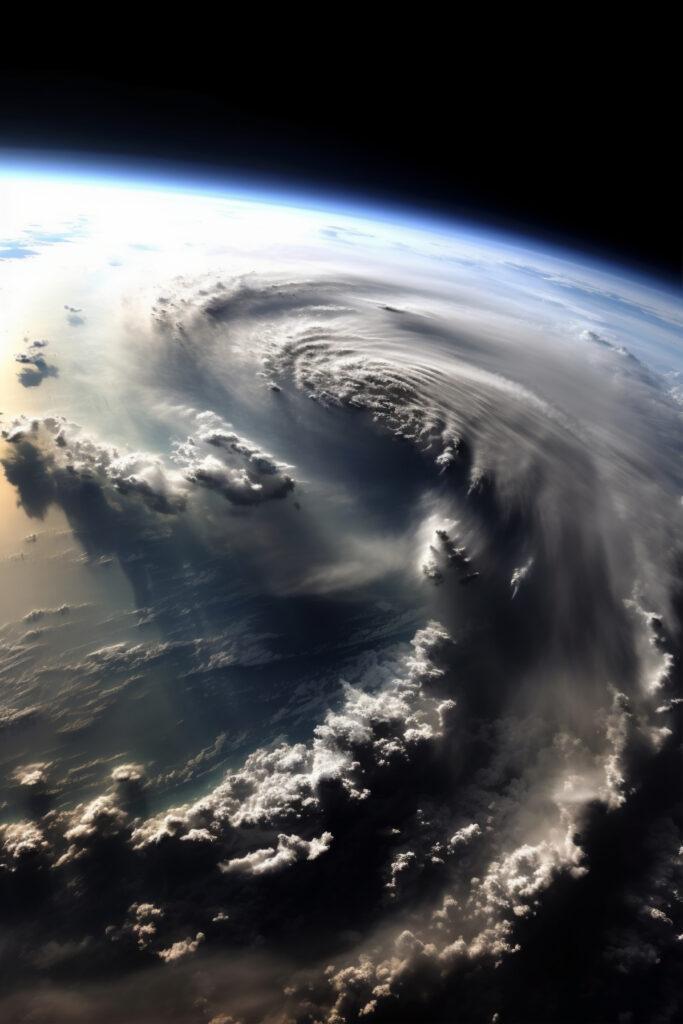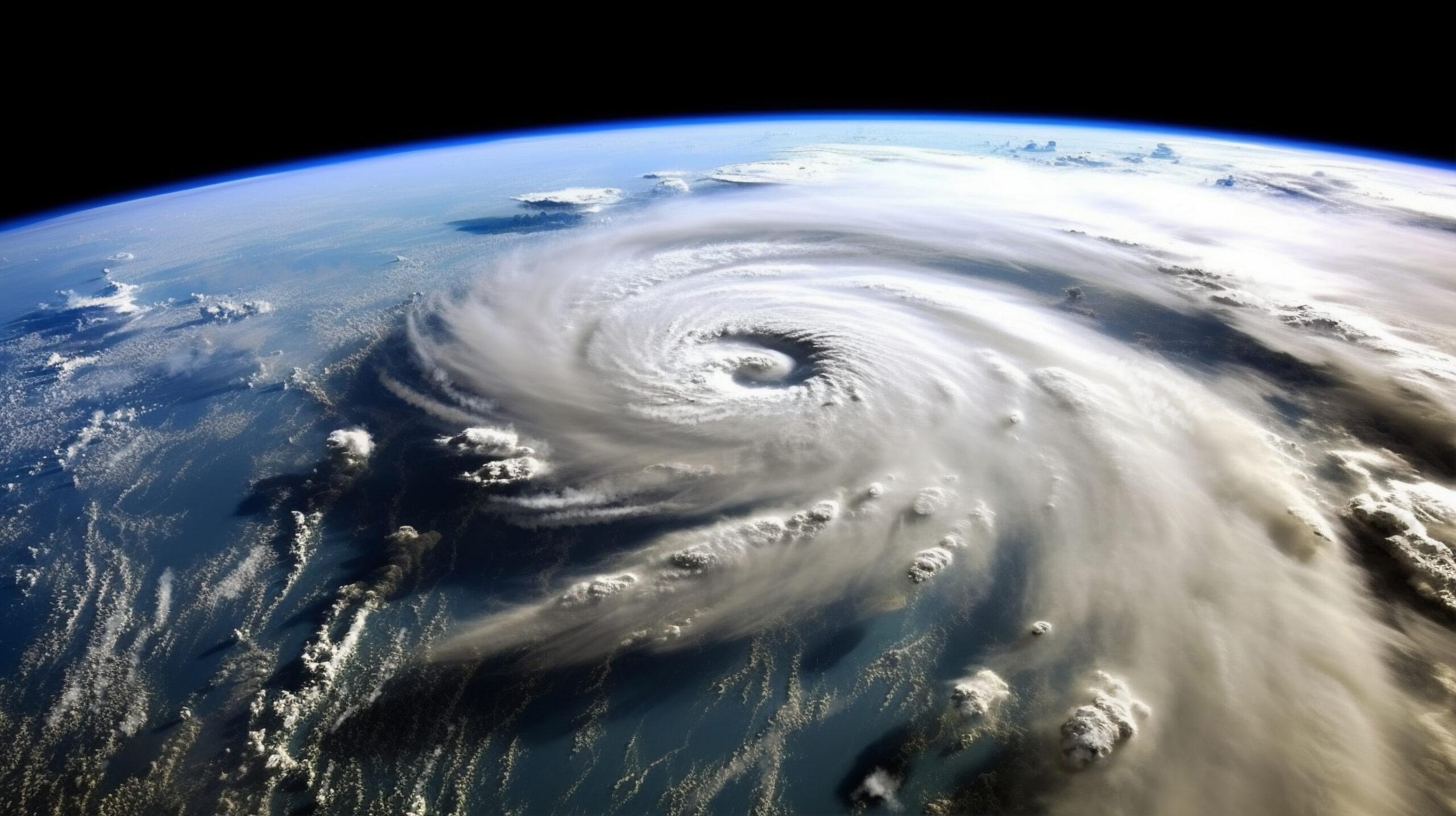NOAA’s Climate Briefings Go Silent Amid Staff Cuts and Growing Political Pressure
For decades, scientists at the National Oceanic and Atmospheric Administration held monthly briefings to explain complex climate patterns to journalists and the public. These sessions helped translate raw data about rising temperatures, extreme weather, and seasonal forecasts into actionable knowledge. Now, those vital communications have suddenly stopped – and the reasons behind their cancellation reveal deep concerns about scientific independence in an increasingly politicized era.
A Tradition of Transparency Ends
The abrupt termination of NOAA’s long-running climate briefings marks the end of an important channel for public science education. These calls served multiple critical functions:
- Helping journalists accurately report on climate trends
- Providing context for record-breaking weather events
- Explaining seasonal forecasts to agricultural and emergency management officials
NOAA officials claim staffing shortages forced the decision, pointing to:
- Recent layoffs eliminating over 1,000 positions
- A wave of retirements among senior climate experts
- Plans to cut hundreds more jobs in coming months
But former employees suggest another factor is at work – a climate of fear that has researchers second-guessing whether they can speak openly about established climate science.

The Chilling Effect on Science
The final briefing before cancellation offered troubling signs of this new reality. Where past sessions directly addressed human-caused climate change, scientists now carefully avoided the topic – even when discussing unprecedented January heat records. When pressed by reporters to explain the climate connection, NOAA staff abruptly ended the call.
Tom Di Liberto, a former NOAA climate scientist let go in recent cuts, explains the unspoken pressures: “There’s no official memo banning climate discussion, but everyone knows the risks. Scientists shouldn’t have to worry about keeping their jobs when sharing peer-reviewed findings.”
Broader Impacts on Public Understanding
The loss of these briefings creates dangerous gaps in public knowledge:
- Emergency Preparedness
Local officials rely on NOAA experts to interpret forecasts ahead of hurricane seasons and heat waves. Without clear guidance, communities may underprepare for coming disasters. - Agricultural Planning
Farmers use seasonal outlooks to make planting decisions. Less access to expert analysis could disrupt food production. - Public Health
Health departments need advance warning about extreme heat and air quality risks to protect vulnerable populations.
A Pattern of Scientific Suppression
NOAA’s retreat from climate communication fits a larger trend:
- Key climate reports have been delayed or altered
- Public-facing websites now downplay human influences on warming
- Morale surveys show most remaining staff fear retaliation
The consequences extend beyond U.S. borders. International partners who depend on NOAA data are growing concerned about reliability as political interference increases.
Resistance and Workarounds
Despite the challenges, scientists are finding ways to keep critical information flowing:
- Former staff created alternative channels to share climate analyses
- Academic journals are fast-tracking publication of suppressed findings
- Some states are developing their own climate services
But these patchwork solutions can’t fully replace a functioning national weather service. As one current NOAA meteorologist put it: “When the next climate disaster hits, people will wonder why they weren’t better warned. The signs are all there – we’re just not allowed to connect the dots anymore.”
The silencing of NOAA’s climate experts represents more than canceled press calls – it’s the weakening of America’s early warning system against growing climate threats. In the contest between scientific truth and political convenience, the nation’s preparedness is becoming collateral damage.

